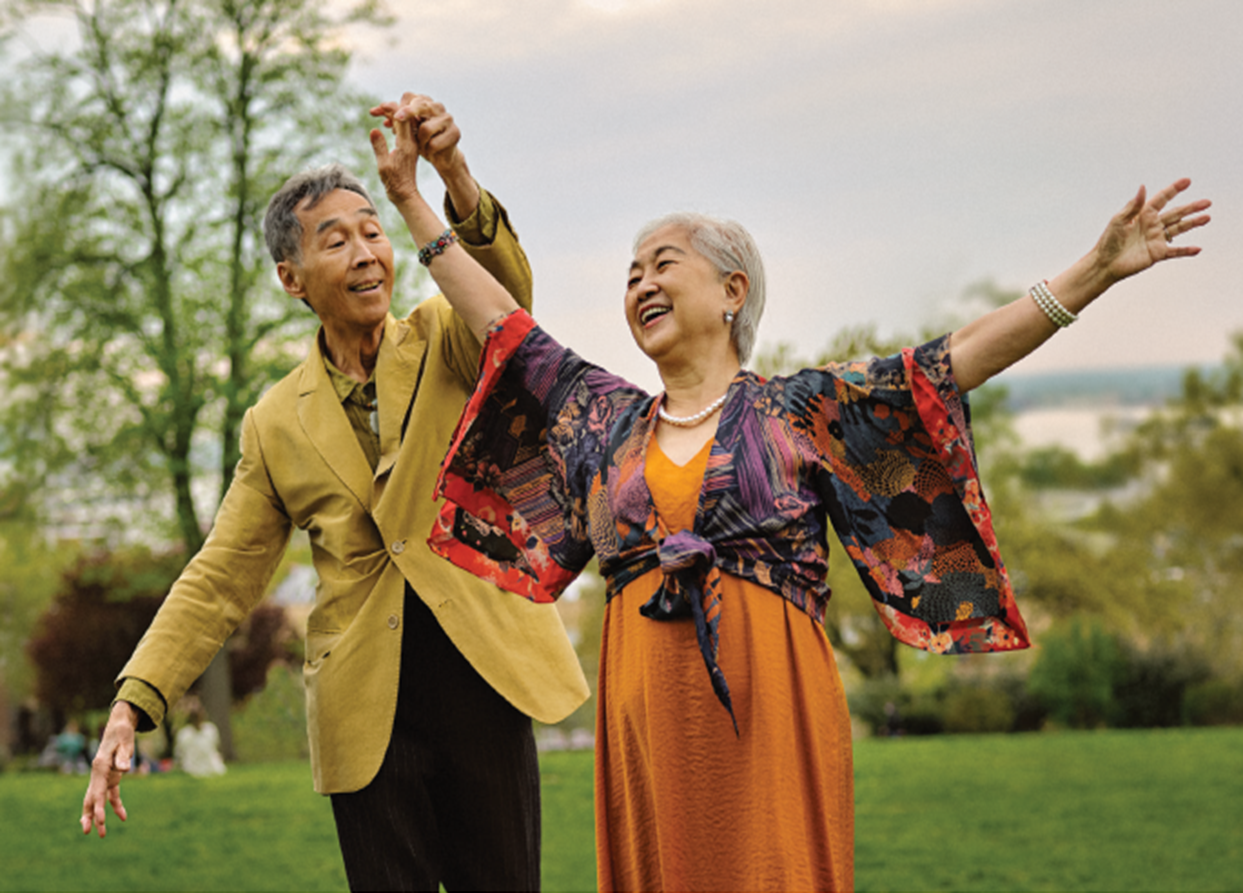Cigarette smoking is the number 1 cause of lung cancer.
The ACN Tobacco Treatment Program can help you or a family member quit smoking cigarettes: providing counseling, support and treatment options that will be the best for you. The Program will help you with strategies and medicines to cope with cravings and nicotine withdrawal, answering your questions, and helping you to avoid smoking again. It runs in coordination with the PCP and enables patients to self-refer, for more information for more information call 347-266-7447.
Lung cancer screening is recommended yearly for people who aged 50- 80 of age who have smoked at least the same amount as smoking 1 pack a day for 20 years and smoke now or have quit within the past 15 years, and are between.
The recommended screening test for lung cancer is low-dose computed tomography. The test is also called a low-dose CT scan, or LDCT.
During an LDCT scan, you lie on a table and an X-ray machine that uses a low amount of radiation to make detailed images of your lungs. The scan only takes a few minutes and is not painful. Ask your provider/doctor if Lung cancer screening is right for you.







